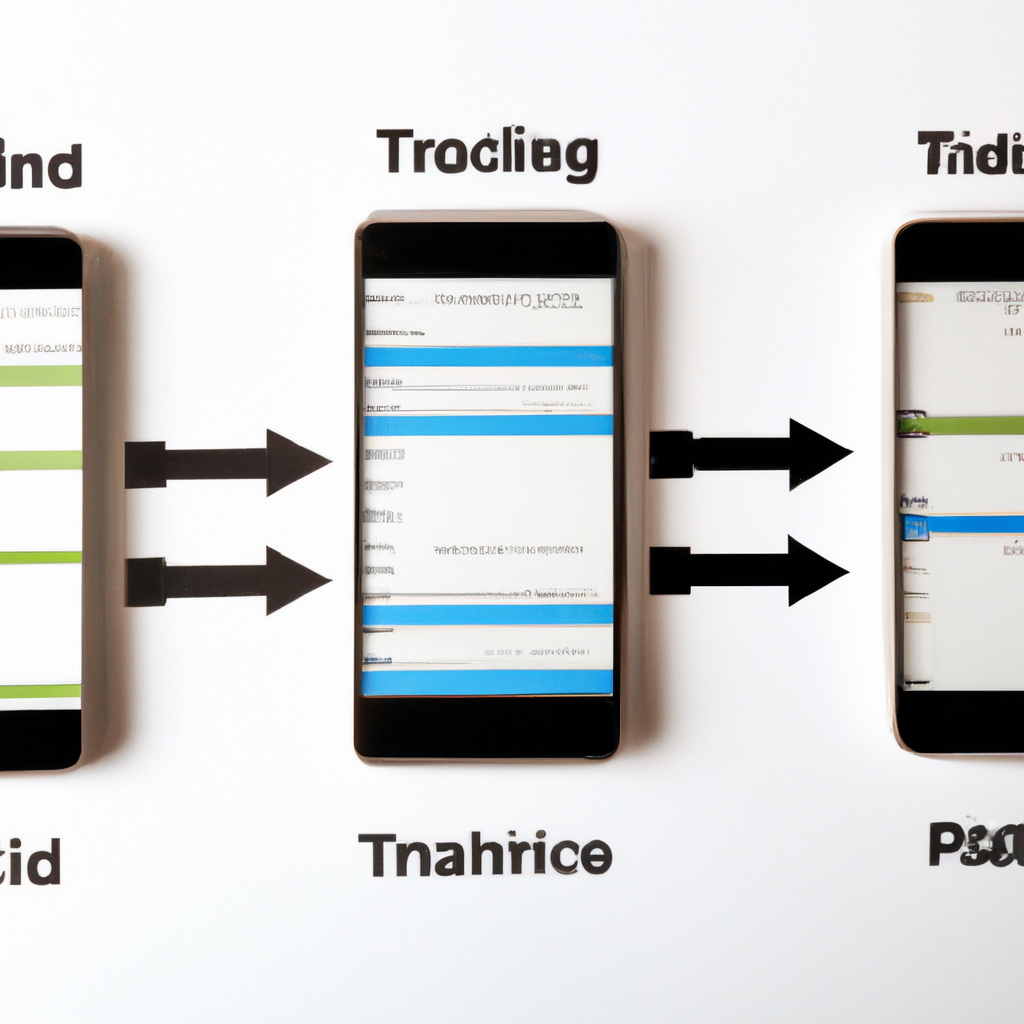
Online Trading Platforms Comparisons
Introduction
Online trading has become increasingly popular in recent years, allowing individuals to buy and sell various financial instruments from the comfort of their own homes. With numerous online trading platforms available, it can be overwhelming to choose the right one for your needs. This article aims to provide a comprehensive comparison of different online trading platforms to help you make an informed decision.
1. Platform Features
When comparing online trading platforms, it is essential to consider their features. Look for platforms that offer a user-friendly interface, advanced charting tools, real-time market data, and access to a wide range of financial instruments. Additionally, some platforms provide educational resources and research tools to assist traders in making informed decisions.
2. Cost and Fees
Trading platforms often charge fees for various services, such as executing trades, account maintenance, or accessing premium features. It is crucial to compare the costs and fees associated with different platforms. Some platforms offer commission-free trading, while others may have lower fees for specific financial instruments. Consider your trading strategy and frequency to determine which platform offers the most cost-effective solution for your needs.
3. Security and Regulations
Security should be a top priority when choosing an online trading platform. Ensure that the platform you select is regulated by a reputable financial authority. Regulatory bodies such as the Securities and Exchange Commission (SEC) or the Financial Conduct Authority (FCA) provide oversight to ensure fair and transparent trading practices. Additionally, look for platforms that offer two-factor authentication and data encryption to protect your personal and financial information.
4. Customer Support
Having reliable customer support is crucial, especially for beginner traders. Look for platforms that offer multiple channels of support, such as live chat, email, or phone support. Consider the availability of customer support, as 24/7 assistance can be beneficial, particularly if you trade in different time zones. Prompt and knowledgeable customer support can help address any issues or concerns you may encounter while using the platform.
5. Mobile Trading
In today’s fast-paced world, mobile trading has become increasingly popular. Check if the trading platform offers a mobile app that is compatible with your smartphone or tablet. Mobile trading apps allow you to monitor your trades, access real-time market data, and execute trades on the go. A well-designed and intuitive mobile app can significantly enhance your trading experience, providing flexibility and convenience.
6. User Reviews and Ratings
Before finalizing your decision, consider reading user reviews and ratings of different online trading platforms. While individual experiences may vary, these reviews can provide valuable insights into the platform’s strengths and weaknesses. Look for platforms with a positive reputation, excellent customer feedback, and a track record of reliable service.
Conclusion
Choosing the right online trading platform is essential for successful trading. By considering factors such as platform features, cost and fees, security, customer support, mobile trading capabilities, and user reviews, you can make an informed decision. Remember that the best platform for you may depend on your individual trading goals, preferences, and level of experience. Take your time to research and compare different platforms to find the one that aligns with your needs and helps you achieve your financial objectives.





